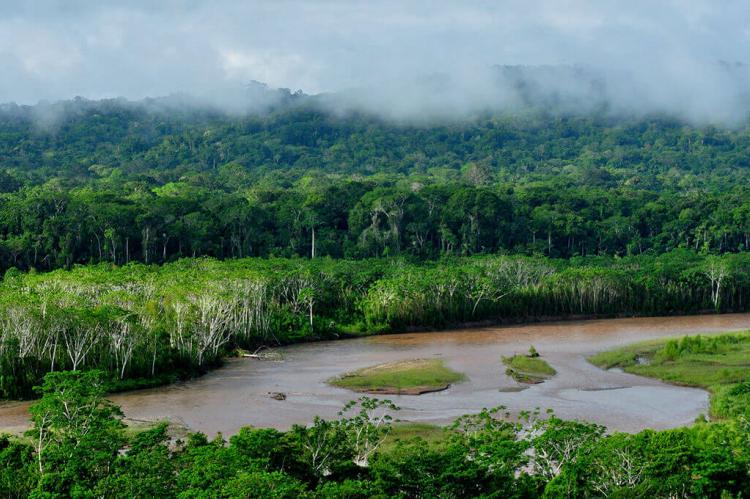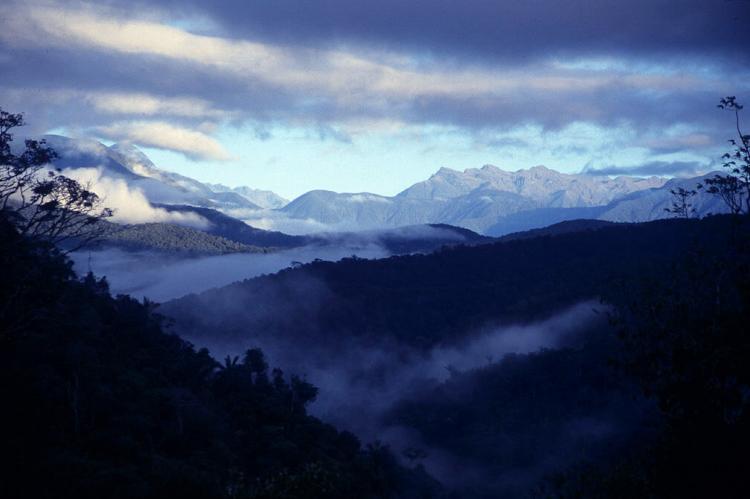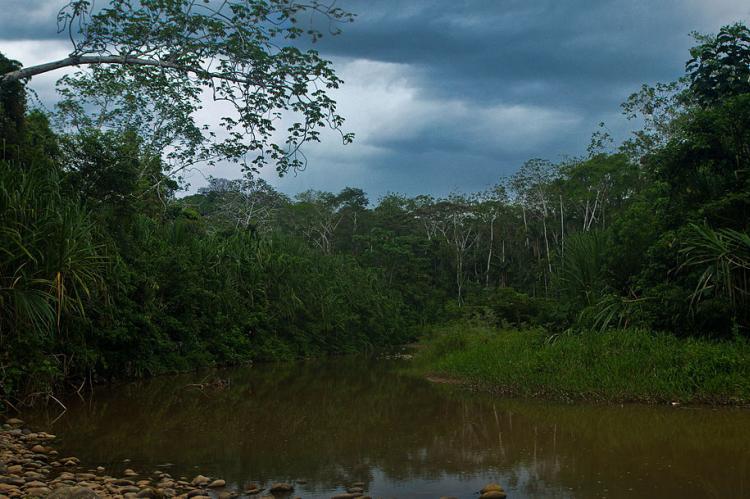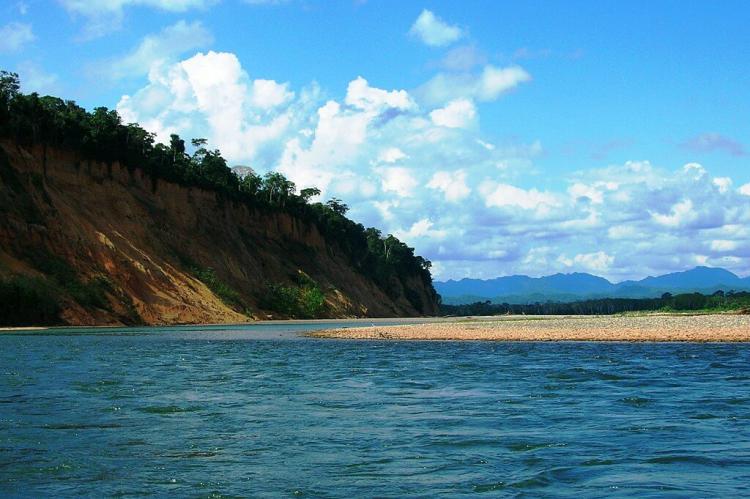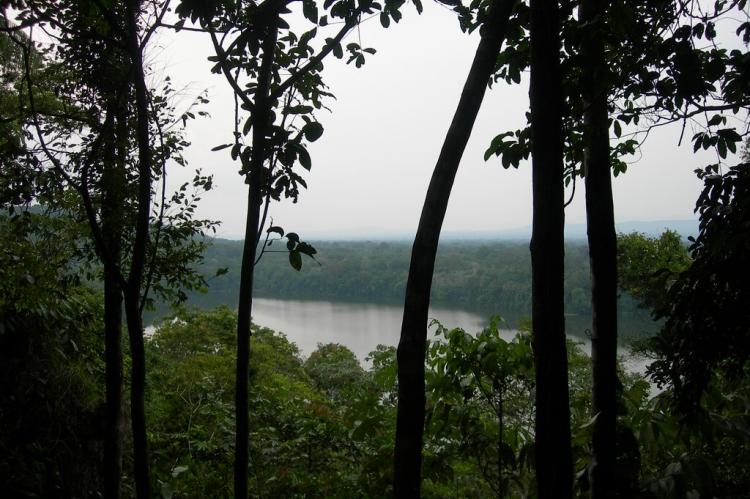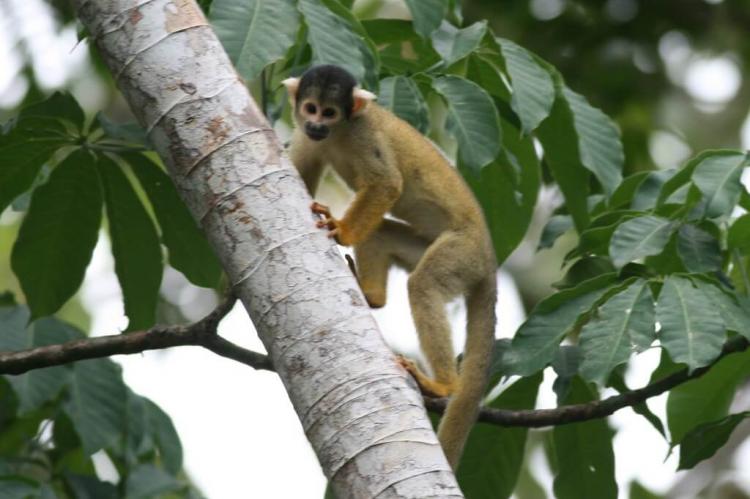Madidi National Park: Bolivia's Breathtaking Biodiversity Oasis
Madidi National Park in Bolivia is a vast protected area and biological marvel, hosting a fauna and flora extravaganza. The park is also home to Indigenous communities. Conservation aims to balance protection and sustainability, preserving the harmony of nature and culture in this global treasure.
Madidi National Park
Bolivia's Breathtaking Biodiversity Oasis
Nestled in the upper Amazon River basin of northwestern Bolivia, Madidi National Park is a testament to the extraordinary diversity that defines Earth's ecological diversity. Established in 1995, this sprawling sanctuary encompasses an expansive 1,900,000 hectares (4,695,000 acres), spanning from the snow-capped Andean Mountains to the lush embrace of the tropical Amazon rainforest.
Ecoregions and Climate Kaleidoscope
Madidi National Park protects the Bolivian Yungas and Bolivian montane dry forests ecoregions. Within its borders, the climate is a symphony, ranging from the chilly alpine regions to the sultry tropical lowlands. The intermediate elevations graciously host a more temperate climate, contributing to the park's dynamic ecological makeup.
A Global Conservation Powerhouse
Part of one of the world's largest protected regions, Madidi National Park finds companionship in neighboring protected areas, forming an expansive conservation network. It stands proudly alongside the Manuripi-Heath Amazonian Wildlife National Reserve, Pilón-Lajas Biosphere Reserve and Communal Lands, Apolobamba Integrated Management Natural Area, Tambopata National Reserve (Peru), Bahuaja-Sonene National Park (Peru), and Manu National Park and Biosphere Reserve (Peru). These protected zones collectively safeguard the rich biodiversity that defines the region.
Fauna and Flora Extravaganza
Madidi National Park is a living encyclopedia of life, boasting an impressive roster of inhabitants. The park is a haven for wildlife enthusiasts, from over 120,000 insect species to elusive jaguars, sloths, pink river dolphins, and the recently discovered titi monkey. With 8,000 species of vascular plants painting the landscape, Madidi is a canvas of botanical wonders.
Avian Symphony
The skies over Madidi resonate with the melodies of over 1,200 avian species, representing a staggering 14% of all bird species worldwide. The park's rich birdlife further underscores its status as a global hotspot for avian diversity.
Indigenous Harmony and Cultural Dynamics
Madidi is a biological treasure trove and a diversity of human cultures. Home to 46 Indigenous communities from six tribes, including the Tacana, Ese Ejja, Tsimané, Mosetén, and the voluntarily isolated Toromona, the park weaves together the threads of human and natural heritage. However, the last half-century has witnessed the migration of Quechua and Aymara groups, introducing new dynamics and challenges to the delicate balance of coexistence in the Madidi region.
Conservation Imperatives
As Madidi National Park continues to dazzle with its biodiversity, the imperative to preserve this natural marvel grows more urgent. The delicate dance between protection and sustainable human practices becomes paramount, ensuring that future generations inherit a landscape teeming with life and cultural richness.
Threats and Challenges
Despite its protected status, Madidi faces challenges. The migration of Quechua and Aymara groups has introduced new elements to the ecological and cultural dynamics, potentially impacting the delicate balance within the park. Additionally, the park's proximity to borders with Peru and Brazil raises concerns about potential spillover effects from activities in neighboring regions.
Research and Conservation Initiatives
Efforts to understand and protect Madidi's biodiversity are ongoing. Scientific research within the park aims to unravel the mysteries of its ecosystems, providing valuable insights for conservation strategies. Conservation initiatives involve local communities, aiming to balance preserving traditional ways of life and ensuring the sustainability of the park's natural resources.
Ecotourism: A Double-Edged Sword
While ecotourism presents an opportunity for sustainable economic development, it also poses risks to the park's delicate ecosystems. Unregulated tourism can lead to habitat disturbance, pollution, and increased human-wildlife interactions. Careful management and community involvement are crucial to harnessing ecotourism's benefits without compromising the park's ecological integrity.
Conclusion: A Symphony of Nature and Culture
In the heart of Madidi National Park, Bolivia's biodiversity oasis, nature and humanity dance in an intricate ballet of existence. The park's lush landscapes, rich biodiversity, and vibrant cultures intertwine, creating a symphony of nature and culture that beckons humanity to embrace responsible conservation practices. Madidi National Park is a Bolivian treasure and a global testament to the harmonious coexistence of diverse life forms and human communities.
